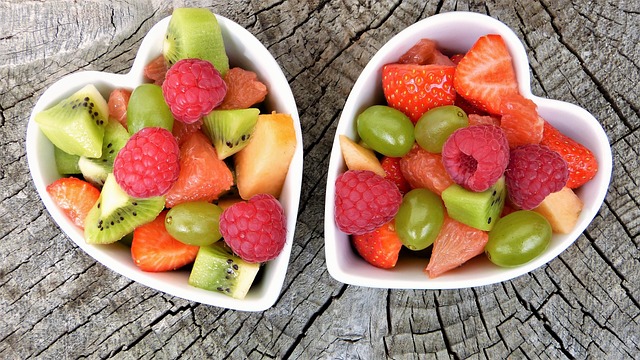The Fountain of Youth within: Unlocking Anti-aging Secrets with Probiotics
Probiotics, the “good” bacteria that inhabit our bodies, have gained immense popularity in recent years for their myriad of health benefits. From supporting digestion to boosting the immune system, probiotics have proven to be essential for maintaining overall well-being. However, their impact goes beyond these conventional benefits. Recent research suggests that probiotics may hold the key to unlocking anti-aging secrets and helping us maintain a youthful appearance. Let’s delve into the fascinating world of probiotics and discover their potential as the fountain of youth within.
Understanding Probiotics
Probiotics are live microorganisms, predominantly bacteria, that confer health benefits when consumed in adequate amounts. They reside in the gastrointestinal tract, aiding in digestion, nutrient absorption, and immune system function. The most common probiotic strains include Lactobacillus and Bifidobacterium, which can be found in certain foods like yogurt, sauerkraut, and kefir, or taken as dietary supplements.
Anti-Aging and Gut Health
The concept of aging is complex and multifaceted, involving various factors such as genetics, lifestyle, and environmental influences. One significant factor that has gained attention in recent years is gut health. Our gut, also known as the “second brain,” is home to trillions of bacteria, both good and bad. These bacteria play a crucial role in maintaining overall health, including the aging process.
Studies have revealed that age-related changes in the gut microbiota can contribute to a range of age-related conditions, including cognitive decline, weakened immune function, and chronic inflammation. By nurturing a diverse and healthy gut microbiota through the consumption of probiotics, we can potentially slow down the aging process and improve overall well-being.
The Role of Probiotics in Aging
Probiotics offer several mechanisms through which they can influence the aging process. Firstly, they help maintain the integrity of the intestinal barrier, preventing the leakage of toxins into the bloodstream. This helps reduce systemic inflammation, a significant driver of aging and age-related diseases.
Furthermore, probiotics enhance the production of short-chain fatty acids (SCFAs), such as butyrate. SCFAs are essential for gut health as they provide energy to the cells lining the colon and support a healthy microbial balance. They also possess anti-inflammatory properties, which can help combat age-related inflammatory conditions.
Another way probiotics contribute to anti-aging is by supporting the immune system. As we age, our immune function naturally declines, making us more susceptible to infections and diseases. Probiotics enhance the production of antibodies, stimulate immune cells, and help regulate immune response. This strengthens the immune system, reducing the risk of age-related illnesses.
Probiotics and Skin Health
Beyond their impact on gut health and aging, probiotics have shown promising benefits for skin health. The skin is the body’s largest organ and plays a vital role in protecting us from external aggressors. As we age, the skin’s natural defenses weaken, leading to wrinkles, dryness, and other visible signs of aging.
Studies suggest that probiotics can improve skin hydration, reduce the appearance of wrinkles, and alleviate inflammatory skin conditions such as acne and eczema. Probiotics work by strengthening the skin barrier, promoting collagen production, and balancing the skin’s microbiome. Adding probiotic-rich foods or topical products to your skincare routine may help achieve a youthful and radiant complexion.
Incorporating Probiotics into Your Routine
To reap the anti-aging benefits of probiotics, it’s crucial to incorporate them into your daily routine. Start by consuming probiotic-rich foods like yogurt, kefir, sauerkraut, and kimchi. These foods provide a natural source of probiotics along with additional nutritional benefits.
If you prefer a more targeted approach, consider taking a high-quality probiotic supplement. Look for supplements that contain a variety of strains, including Lactobacillus and Bifidobacterium. Remember to consult with your healthcare professional before starting any new dietary supplement regimen.
Conclusion
Probiotics, with their various health benefits, have emerged as a powerful tool in our quest for anti-aging and maintaining a youthful appearance. By nourishing our gut microbiota and supporting overall gut health, probiotics can potentially slow down the aging process, reduce age-related inflammation







